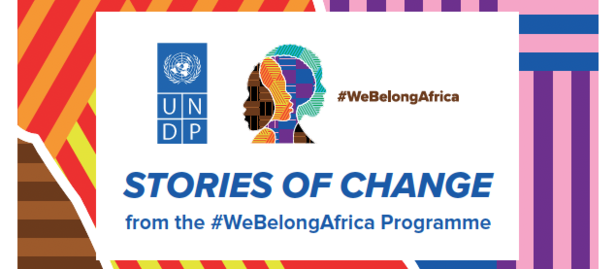COVID-19 and external debt in Africa

COVID-19 and external debt in Africa
February 8, 2022
Amid the economic fallout of COVID-19, Africa faces a potential wave of sovereign debt crises, though there is also an opportunity for the continent to pursue new, more sustainable approaches to development financing.
This paper puts that opportunity in historical context, while considering the short- and long-term priorities for African governments and their partners. Due to Africa’s growing debt burden and a decline in the share of concessional debt to total public external debt over recent decades, debt servicing costs have increased at rates that outpace economic growth and domestic revenue generation, thereby narrowing fiscal space and jeopardizing macroeconomic stability. Governments’ private borrowing (e.g. commercial bank lending and foreign currency-denominated bonds) has also increased their exposure to currency and rollover risks and has complicated prospects for debt resolution and restructuring. Although the evolution of debt dynamics has increased Africa’s vulnerabilities, exposing the region to significant risks in the wake of COVID-19, these challenges may force significant reforms to borrower-creditor relationships throughout the continent, providing African governments with an opportunity to rethink their strategies for sustainable and balanced growth.

 Locations
Locations



